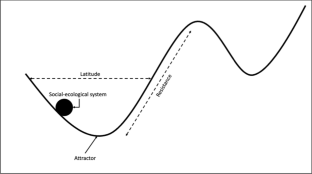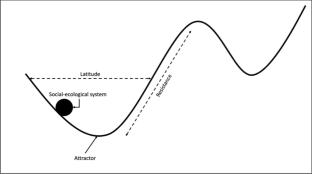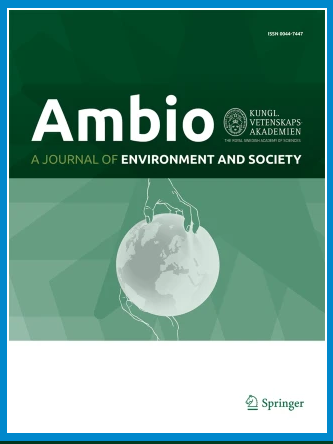Toward a critical theory of social–ecological resilience: Maize and cattle in Southern Province, Zambia
Abstract
Climate change threatens the lives and livelihoods of smallholder farmers throughout the global South. In order to address the challenges these farmers face, researchers and practitioners need reasonable theoretical models of how humans and the environment interact within social–ecological systems (SES). Social–ecological resilience theory has proved to be a popular model for understanding human environment relationships within SES; however, the theory lacks a sophisticated understanding of power, relying instead on outdated functionalist sociological approaches. We reconstruct social–ecological resilience theory through a case study of smallholder climate change adaptation in Southern Province, Zambia. Farmers in the region focus on cattle and maize production. Though the changing environment would seem to favor different crops and livestock, institutional (power) dynamics determine whether or not individuals have the capacity (or desire) to adapt. Our critical reconstruction provides researchers and practitioners with an improved social–ecological lens for understanding the causes and consequences of vulnerability and adaptation.



 求助内容:
求助内容: 应助结果提醒方式:
应助结果提醒方式:


